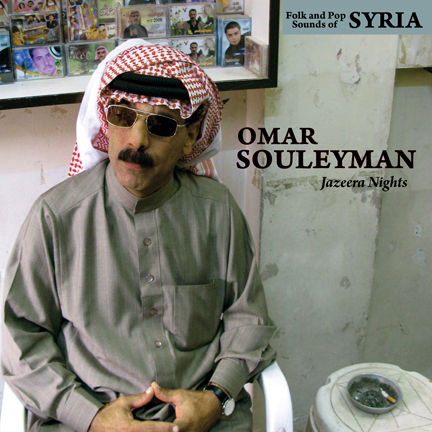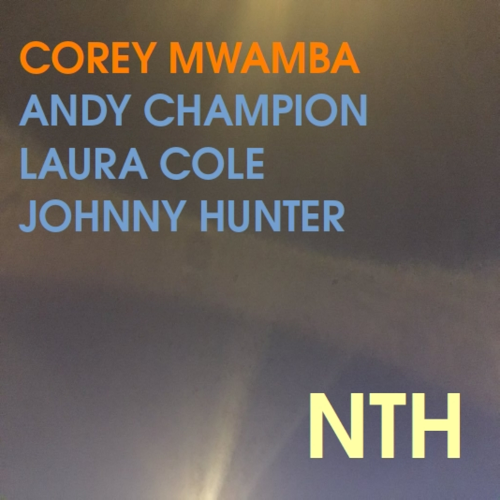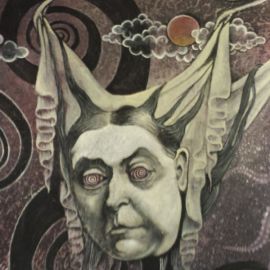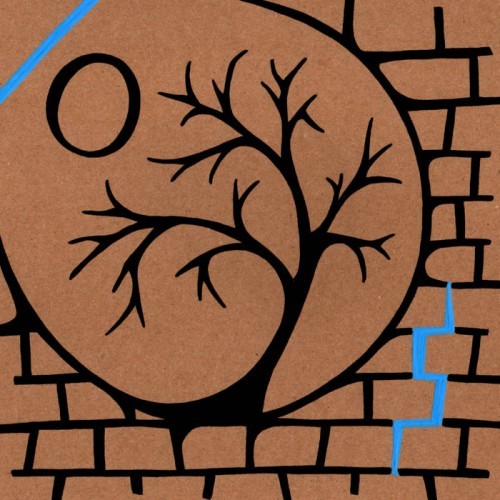 The third compilation of Omar Souleyman’s Syrian party music to be released by Sublime Frequencies doesn’t require much in the way of context for new listeners. It’s a dance-pop album. All that really matters is whether it’s catchy and whether it makes you want to flail around making an utter goon out of yourself. Happily both criteria are met with a resounding YES.
The third compilation of Omar Souleyman’s Syrian party music to be released by Sublime Frequencies doesn’t require much in the way of context for new listeners. It’s a dance-pop album. All that really matters is whether it’s catchy and whether it makes you want to flail around making an utter goon out of yourself. Happily both criteria are met with a resounding YES.
Despite being culled from an astonishing five hundred cassettes released over fifteen years, all the songs that make up Jazeera Nights seem to have been performed and recorded at with an energy and urgency that makes you wonder whether lives were at stake. The sound is stripped back and raw, giving the impression that these songs had to be captured before they could wreak havoc rather than merely put to tape. The percussion consists of a programmed 2/4 stomp that richochets offbeats around the dancefloor and inserts abrupt cuts to emphasise sections or stanzas. It’s a relentlessly maintained pace from an artist of worrying prolificacy (worrying in that it makes the rest of us look as though we’re standing still).
There are many thrilling aspects to being granted access to hitherto under-distributed music. There’s the feeling that you have been handed the keys to an entirely new sonic universe, that your world just became exponentially larger. There is the potential for being exposed to a range of new instruments, approaches and techniques. And there is the intriguing possibility that music you’ve known for years might be seen from a fresh perspective once you have acclimatised to the wider context.
Here the real star is the synthesiser, played with astounding virtuosity by Rizan Sa’id, one hand perpetually spinning the pitch-wheel like a scratch DJ determined to tear their breaks to shreds. Pitch-bending in keyboard solos seemed to reach a dead end in the West, a vocabulary relegated to progressive rock and kitch pop. Here it is used on virtually every note with a degree of ferocity unheard outside of a Peter Brotzmann record. Keyboard players who feel stuck in a rut should take note.
Souleyman himself is a curious figure, somehow capable of a delivery that unites the diametric opposites of rabble-rousing bellow and deadpan declamation. In live performances he is rooted to the spot, toasting over programmed drum loops and leading the audience in overhead handclaps, his expressionless demeanour at odds with the incendiary sonics. Here the recording quality is a blessing, adding an energising overdriven edge to the vocal, levels slightly in the red and conveying the impression that Souleyman is bursting out of the medium.
It is no criticism to say that the vocal delivery sometimes strays into sounding functional and workmanlike, largely because the music – known as dabke and traditionally performed at weddings and celebrations in Syria, Palestine, Jordan and Lebanon – exists in largely functional settings in which the vocal content is tailored to the people and place. This is a tradition known as ataba, in which a poet will whisper context-specific verse to a vocalist who then delivers it directly to the people for whom it is intended. The most appropriate Western parallels could be found in the freestyles of hip hop, an MC breathing life into a pre-recorded backing. But most Western popular music remains mired in individualism, the performer kept strictly separate from and elevated above the audience. It’s therefore a real pleasure to encounter music that exists to serve and exalt a community, in which even freestyled verse is a collaborative effort.
Whether or not you appreciate these infectious, irrepressible recordings isn’t dependent on how frequently and vigorously you like to cut the rug. Omar Souleyman’s music compels even non-dancers to dance, to the extent that I’ve seen him fill a dance floor with even the most reticent wallflowers. I can’t wait to try it out at my wedding.
-Seth Cooke-



